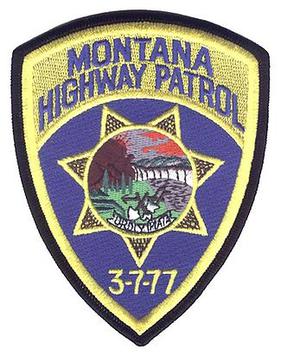Above: Bannack Graveyard by Edward M. Fielding – Bannack is a ghost town in Beaverhead County, Montana, United States. Founded in 1862, the town contemporarily operates as a National Historic Landmark and is managed by the state of Montana as Bannack State Park
Quick Riches, Short Life
The rich and sorted history of the abandoned ghost town of Bannack, Montana starts with a gold strike and for many ended in the graveyard on the hills above the valley.
Gold fever often leads to violence and the trails between the gold-rich veins exposed by the Grasshopper Creek and Beaverhead River just south of Dillon, Montana and the areas other gold discoveries in Virginia City were marked with highway robbery and murder.

Plagued with highwaymen attacking miners taking their gold dust to market, the locals finally had enough and formed a band of vigilantes to bring justice to the region.
They couldn’t rely on the local sheriff, Henry Plummer who turned out to be moonlighting as the leader of the band of highwaymen robbing stagecoaches, mule teams and travelers in the region.
The vigilantes dispensed rough justice by hanging about twenty-four men. When one such man, by the name of Erastus “Red” Yager, who was about to be hanged, pointed a finger at Henry Plummer as the leader of the gang, all hell broke loose.
https://www.legendsofamerica.com/mt-henryplummer/2/

3-7-77 a Warning to be Heeded
Back in the day, if you were up to no good and woke in the morning to find the numbers “3-77-77” painted on the side of your canvas tent, you might just want to pack up and move before breakfast.
“3-77-77” was a warning from the band of vigilantes known as the “The Innocents” to “get out of Dodge”. No one knows for sure what the meaning behind the code but one theory says they represent the dimensions of a grave, 3 feet by 7 feet by 77 inches.
Or it might be a reference to the first Masonic meeting in Bannack, Montana took place March 7, 1877. Many members of this lodge were also the original Vigilantes. Even to this day, the number appears on the patch of the Montana Highway Patrol patch as a nod to the first organized crime-fighting group in the territory.

Ruthless Frontier Justice
Eventually, the local miners and townsfolk became tired of the ruthless, unchecked, frontier justice dispensed by the vigilante group.
More than twenty hangings or lynchings were conducted including those who spoke out against the group. By In March 1867, the local population had had enough and threaten to form another vigilante group to go after the original group. A few murders continued but eventually, they stopped and era of the vigilantes faded into history.







